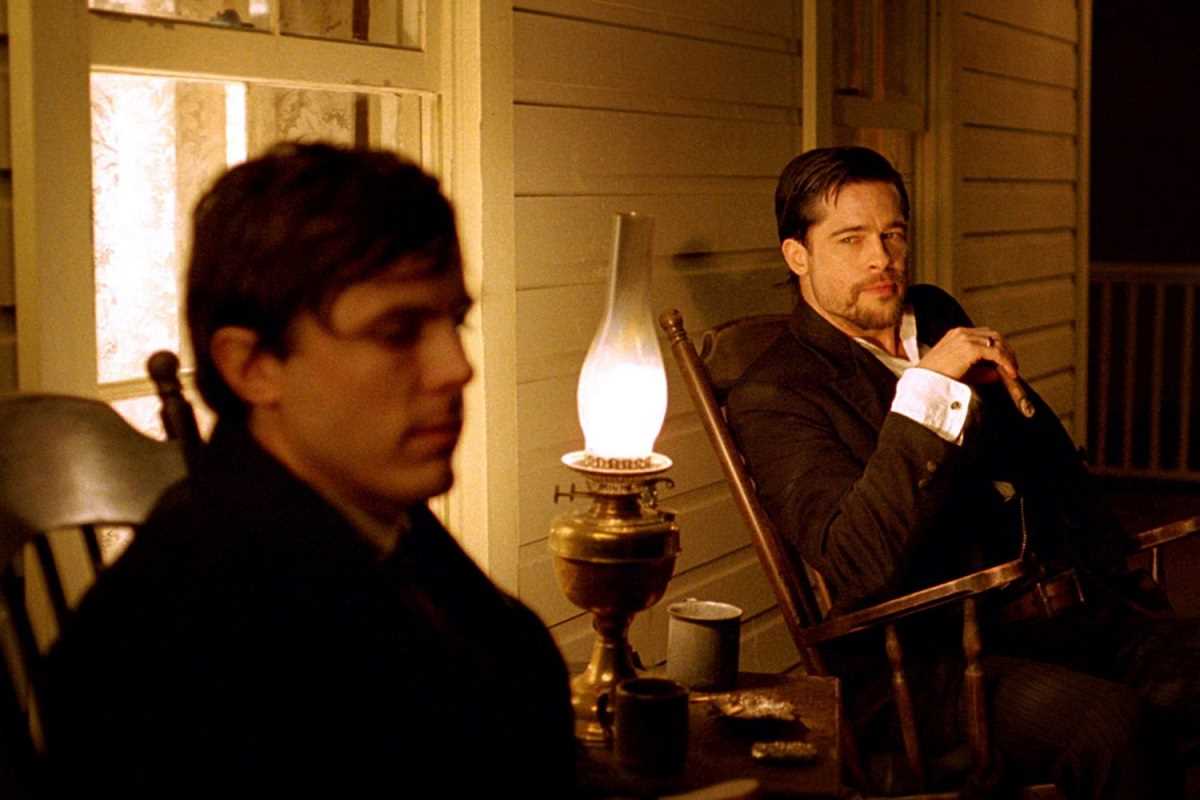Pop culture references in films have the power to captivate audiences and leave a lasting impression. From iconic catchphrases to subtle nods to popular trends, these references add a layer of relatability and nostalgia to the viewing experience. Here, we explore the top pop culture references in film that had audiences talking.
One of the most memorable pop culture references in film is the iconic line “I’ll be back” from the 1984 movie “The Terminator.” This quip, delivered by Arnold Schwarzenegger in his role as the Terminator, has since become synonymous with the actor and the film itself. Fun fact: Schwarzenegger improvised the line during filming, and it has since been included in numerous sequels and parodies.
Another standout pop culture reference comes from the 1998 romantic comedy “You've Got Mail,” starring Tom Hanks and Meg Ryan. The film pays homage to the rise of online communication and email culture, with the title itself being a reference to the alert AOL users would receive when they had a new message. This nod to technology and changing social dynamics struck a chord with audiences at the time.
Moving into more recent times, the 2010 film “Inception” directed by Christopher Nolan includes a pop culture reference that had audiences buzzing. The iconic spinning top at the end of the movie has sparked endless theories and debates among viewers, with many interpreting its meaning in different ways. This subtle yet powerful reference has contributed to the film's enduring popularity and intrigue.
In the realm of animated films, Disney's “Frozen” (2013) features a pop culture reference that resonated with audiences of all ages. The character of Olaf the snowman exclaims “Oh, I love crazy!” in a nod to a popular line from the TV show “Parks and Recreation.” This clever reference to another beloved character brought a touch of humor and familiarity to the animated world of Arendelle.
Finally, the 2017 horror film “Get Out” directed by Jordan Peele includes a powerful pop culture reference that sparked important conversations about race in America. The film's use of the phrase “The Sunken Place” to describe a state of psychological captivity became a metaphor for marginalized voices and experiences. This thought-provoking reference added depth and complexity to the film's narrative, leaving a lasting impact on audiences.
In conclusion, pop culture references in film have the ability to connect audiences through shared experiences, humor, and social commentary. Whether it's a catchy catchphrase, a nod to technology, or a metaphorical symbol, these references enrich the viewing experience and contribute to the cultural significance of cinema.
 (Image via
(Image via





